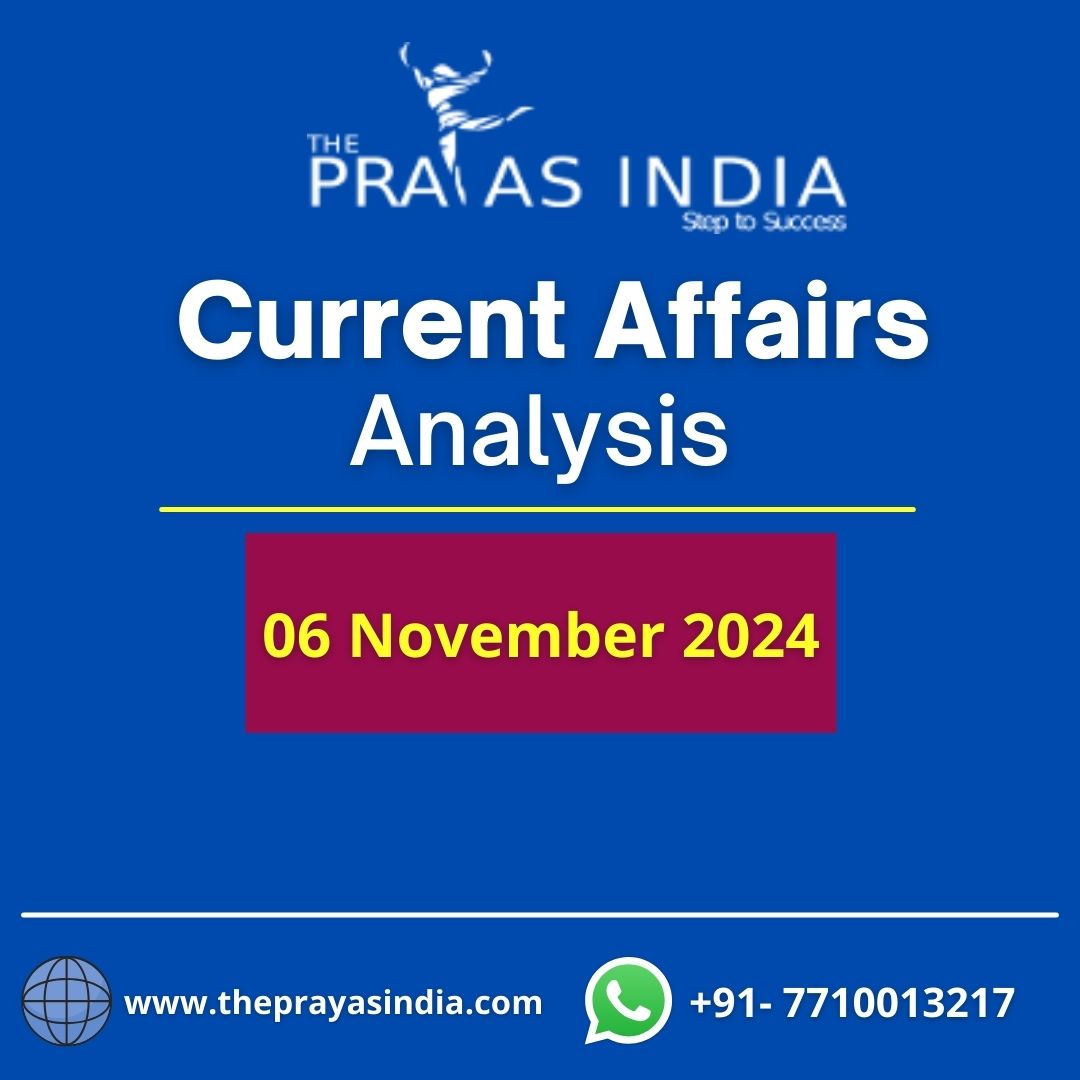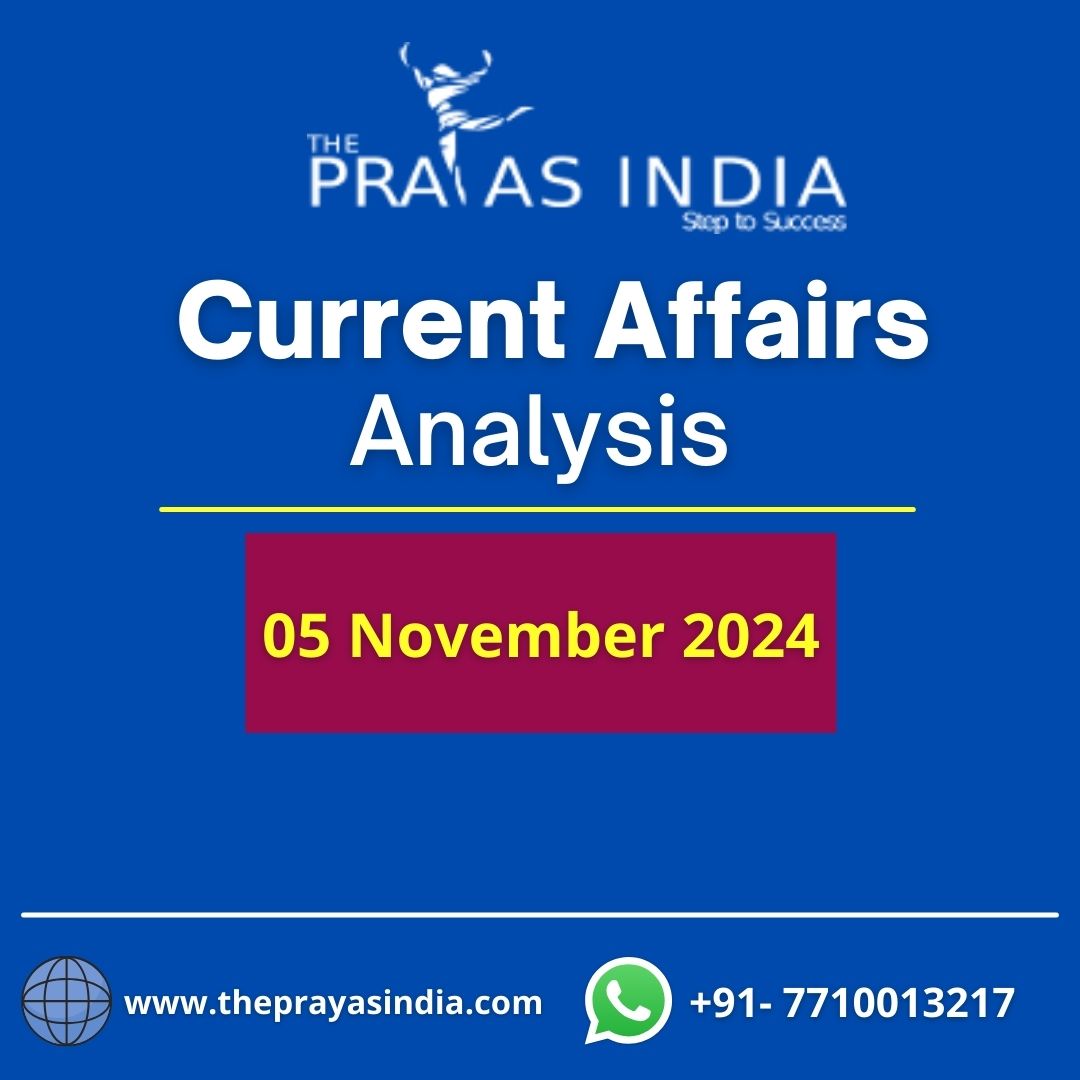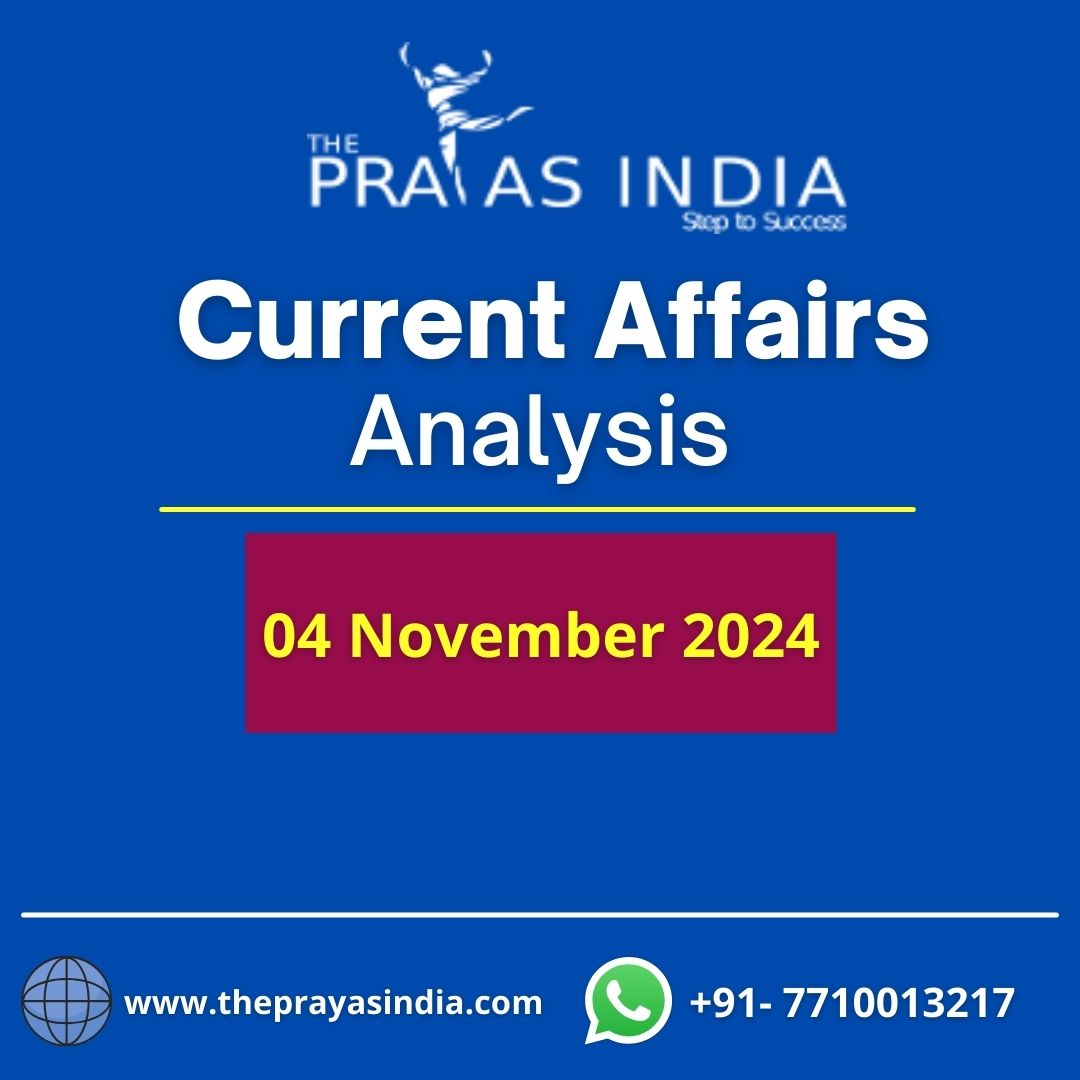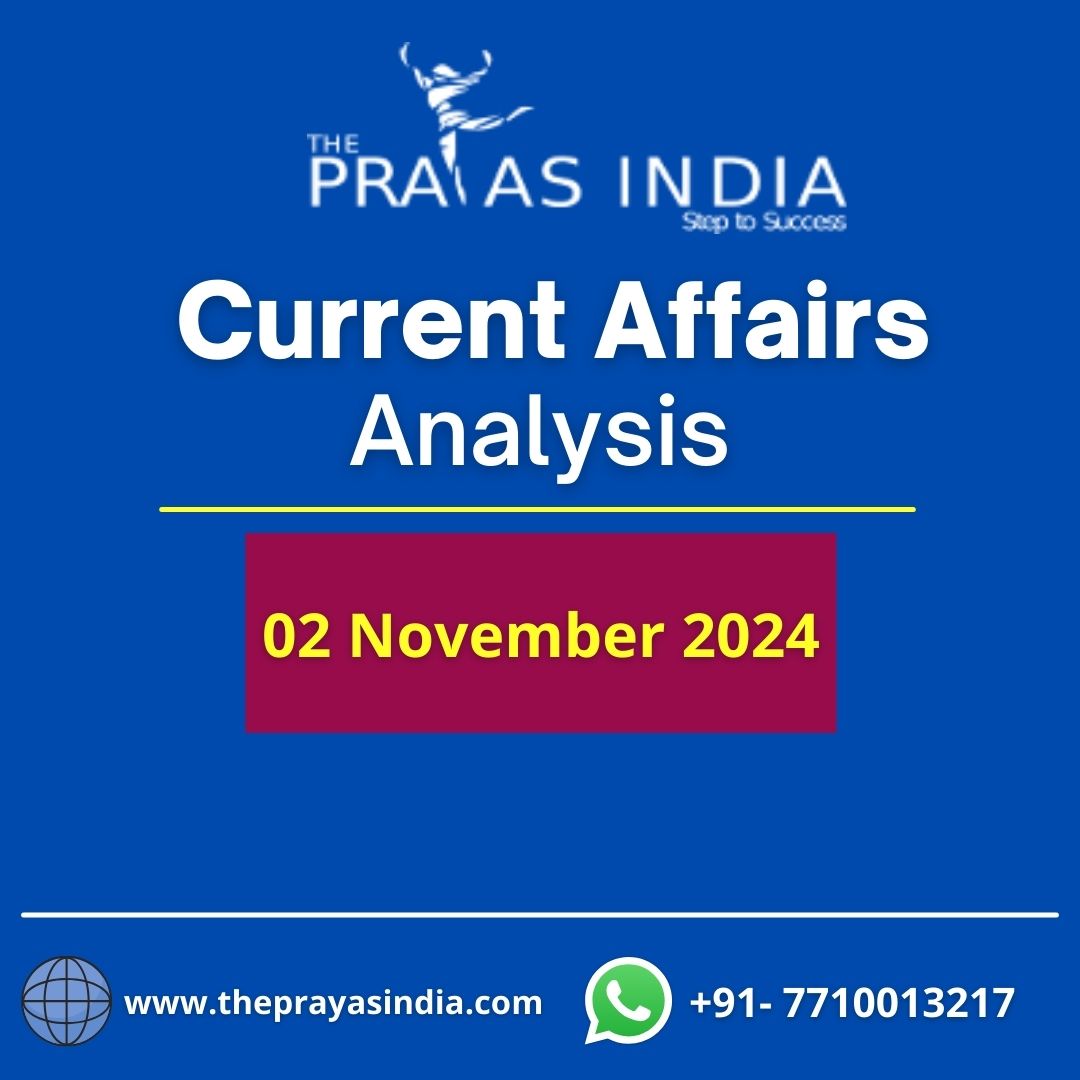DAILY CURRENT AFFAIRS ANALYSIS
| No. | Topic Name | Prelims/Mains |
| 1. | UNSC | Prelims & Mains |
| 2. | IMF | Prelims & Mains |
| 3. | European Union | Prelims & Mains |
| 4. | Narcotics Control Bureau | Prelims & Mains |
1 – UNSC: GS II – Topic International Organizations
Context:
- The U.N. Security Council’s (UNSC) ISIL and Al Qaida Sanctions Committee has added Abdul Rehman Makki, a key fund-raiser for the terrorist group Lashkar-e-Taiba (LeT) located in Pakistan, to the sanctions list.
About:
- The Security Council was established by the UN Charter in 1945. It is one of the six main organisations of the UN.
- The UN’s remaining 5 institutions are the General Assembly (UNGA), Trusteeship Council, Economic and Social Council, International Court of Justice, and Secretariat.
- Its main responsibility is to support the maintenance of global peace and security.
- New York houses the council’s primary office.
Members:
- The fifteen members of the council are composed of five permanent members and ten non-permanent members appointed for two-year terms.
- The five permanent members are the United States, the Russian Federation, France, China, and the United Kingdom.
- India became a non-permanent member of the UNSC last year (2021), joining for the ninth time. It will be a council member from 2021 to 2022.
- The General Assembly elects five of the 10 non-permanent members annually for tenure of two years. According to regions, the 10 non-permanent seats are distributed.
- Each month, the 15 council members that make up the body rotate holding the presidency.
Power to vote:
- Each member of the Security Council has one vote. Decisions are made by the Security Council by a majority vote of nine members, including the permanent members. In the event that one of the five permanent members votes “no,” the resolution cannot be approved.
- Whenever the Security Council deems that a member’s interests are particularly harmed, any UN member who is not a member of the Security Council is allowed to participate in discussions without having a vote.
India in the UNSC:
- India significantly contributed to the Universal Declaration of Human Rights’ (UDHR) writing in 1947–1948 and passionately denounced apartheid in South Africa.
- India has helped shape policies on a variety of issues, including as the UN’s admission of former colonies, resolving deadly conflicts in the Middle East, and maintaining peace in Africa.
- It has significantly aided the UN, particularly in maintaining world peace and security.
- India has sent more than 160,000 soldiers and many police officers to 43 peacekeeping missions.
- Given its population, geography, Gross Domestic Product (GDP), economic potential, civilisational legacy, cultural diversity, political system, and historical and current contributions to UN activities, India’s demand for a permanent seat on the UNSC is absolutely reasonable.
Issues with the UNSC:
- Lack of Records and Meeting Texts: The UNSC does not follow the rules set forth by the UN and does not keep records of its meetings.
- Additionally, there isn’t a “text” of the meeting available for discussion, correction, or opposition.
- The veto authority of the UNSC’s five permanent members is archaic in today’s world.
- The UNSC is now making it difficult to understand the global dynamics and advancements in the area of human security and peace.
- The P5 members are deeply divided, which makes it impossible to make decisions or treat issues seriously.
- The UNSC P-5 separates regularly, which hinders it from reaching crucial decisions.
- For instance, the UN, UNSC, and World Health Organization were powerless to help states successfully stop the spread of the coronavirus when it first appeared.
- Concerningly, none of the four most important countries in the world—India, Germany, Brazil, and South Africa—are represented on the UN Security Council.
How to Proceed:
- The power imbalances between the P5 and the rest of the world must be addressed immediately.
- The UN organisation must overhaul the Security Council by adding more permanent and non-permanent seats in order to adequately address the “ever-complex and expanding issues” to upholding international peace and security.
- One of the current non-permanent members of the UNSC, India, can start by drafting a resolution that outlines a comprehensive list of suggestions for modernising the body.
- It can also reach out to other countries that share its viewpoints (like the G4: India, Germany, Japan, and Brazil) and broaden its network of allies until enough countries band together to address the UNGA as a whole and present a resolution that has a decent chance of passing.
Source The Hindu
2 – IMF: GS II – Topic International Organizations
Context:
- India provided financial assurances to the International Monetary Fund (IMF) on Monday, becoming the first of Sri Lanka’s creditors to formally approve the island nation’s debt restructuring plan.
- A high-level delegation from the Communist Party of China, which is scheduled to visit Colombo on January 19 and 20, just wrapped off negotiations with Sri Lankan leaders days before the latest development.
About:
- With 190 member countries, the International Monetary Fund (IMF) is a membership-based organisation. On the IMF’s executive board, the most important countries in terms of their economic weight are represented.
What are the IMF’s objectives?
- Encourage financial cooperation between nations
- Good financial standing
- Encourage increased employment and long-term economic growth while reducing global poverty by promoting international trade.
- Macroeconomic expansion guidance on finance for rising countries, promoting the creation of an international payment system, and promoting the stability of currency rates
What Are the IMF’s Procedures?
- Enhancing international monetary cooperation, encouraging increased trade and economic growth, and discouraging actions that can be harmful to prosperity are its three main objectives.
- To complete these missions, member countries of the IMF work together as well as with other international organisations.
What is the history of the IMF?
- At a UN conference held in Bretton Woods, New Hampshire, in July 1944, the concept for the IMF, sometimes known as the Fund, first surfaced.
- The 44 nations present at the meeting aspired to create a framework for economic cooperation in order to avoid a repeat of the competitive devaluations that had contributed to the Great Depression of the 1930s.
- To be eligible for membership in the International Bank for Reconstruction and Development, countries had to be IMF members (IBRD).
- The IMF introduced a system of convertible currencies with fixed exchange rates and replaced the U.S. dollar as the official reserve with gold (gold at $35 per ounce) in order to encourage international financial cooperation.
Source The Hindu
3 – European Union: GS II – Topic International Organizations
Context:
- On Tuesday at the World Economic Forum, a dispute over green trade came to light as the head of the EU outlined ambitious ambitions to compete with China and the US for clean-tech companies.
- The president of the European Commission, Ursula von der Leyen, criticised what she called “aggressive measures” to convince companies working in clean technology in Europe to relocate to China in exchange for less expensive labour and laxer regulations.
What objectives does the EU want to accomplish?
- Encourage peace, morality, and the welfare of all EU citizens.
- provide freedom, security, and justice within internal borders
- Environmental protection, a market economy that is competitive and offers full employment and social advancement, as well as sustainable development built on a foundation of price stability and balanced economic growth
- Take action to combat discrimination and socioeconomic marginalisation.
- Boost EU nation-to-nation solidarity and economic, social, and territorial integration through encouraging scientific and technological progress.
- Observe the country’s linguistic and cultural diversity.
- Create a currency based on the euro: an economic and monetary union.
What led to the formation of the EU?
- Extreme nationalism decimated the continent following World War II, and European unity was seen as a solution.
- At the University of Zurich in Switzerland in 1946, Winston Churchill went a step further and argued for the establishment of a United States of Europe.
- According to the terms of the Treaty of Paris (1951), the European Coal and Steel Community (ECSC) was founded in 1952 by the six countries collectively known as the Six (Belgium, France, Germany, Italy, Luxembourg, and the Netherlands) in order to cede some of their sovereignty by combining their coal and steel production into a single market.
- As part of the Paris Treaty, the European Court of Justice was also established in 1952. (referred to until 2009 as the “Court of Justice of the European Communities”).
Which roles does the EU play?
- The purpose of EU laws and regulations is to economically integrate its member states so that trade between them is seamless, there are no tariffs, there is an unified currency, and there is a larger labour pool, which results in more efficient labour utilisation and distribution.
- To “bail out” or lend money to member nations for investments, financial resources are combined.
- Union environmental and human rights standards have an impact on politics in member countries. A union may exact a high political price from its members in exchange for aid, such as significant budget cuts.
- This is actually an excellent test of international cooperation between nations that seek economic unification with the least transfer of political and national sovereignty.
What Reforms are Possible and What Challenges Face the EU?
- It is no longer a given that all former member countries would remain in the Union. Thanks to the Lisbon Treaty, members now have the option to leave the EU. Because of how badly Greece has been affected by the financial crisis, many have long predicted that it will exit the Union.
- Layoffs, redundancies, and the transfer of jobs to countries with cheaper labour have an influence on people’s daily life throughout Europe. Economic and employment-related issues are anticipated to be addressed by the EU.
- There is also a demand for uniform labour agreements covering employment terms and working conditions that would apply across Europe, and maybe the entire world. Due to its membership in the World Trade Organization, the European Union has the power to influence events globally.
- The EU leads the globe in the development of Key Enabling Technologies (KETs). Although the EU has struggled to translate this knowledge advantage into marketable goods and services. Patents are used more frequently outside the EU while the EU is producing less KETs.
How does the EU view its relationship with India?
- To promote peace, job creation, and sustainable development across the country, the EU and India work closely together.
- With India’s transition from a low-income to middle-income nation, the EU-India cooperation evolved from a traditional financial assistance model to one that places a strong focus on shared priorities (OECD 2014).
- At the 2017 EU-India Summit, leaders reiterated their commitment to enhancing cooperation on putting the 2030 Agenda for Sustainable Development into practise and committed to look into expanding the EU-India Development Dialogue.
Source The Hindu
4 – Narcotics Control Bureau: Topic Statutory and Non-Statutory Organizations
Context:
- Thanks to the detention of 16 alleged members of an international drug syndicate, the Narcotics Control Bureau has uncovered a complicated web of ties between drug producers in Afghanistan, Pakistani masterminds, traffickers, local smugglers, gangsters, and white-collar criminals.
About:
- The Narcotics Control Bureau, a division of the Indian government’s law enforcement and intelligence agency, is in responsibility of combating drug abuse and illicit drug trafficking.
- The Narcotics Control Bureau’s national headquarters are located in Delhi.
- The Ministry of Home Affairs, which was tasked with enforcing the 1985 Narcotic Drugs and Psychotropic Substances Act, has connections to it.
- The National Policy on Narcotic Drugs and Psychotropic Substances is based on the Directive Principles of Article 47 of the Indian Constitution, which directs the State to work toward the prohibition of the consumption of intoxicating drugs detrimental to health other than for medical grounds.
History of the Narcotics Control Bureau:
- The Narcotic Drugs and Psychotropic Substances Act, which took effect on November 14th, 1985, specifically provided for the establishment of a Central Authority to execute the obligations and responsibilities of the Central Government under the Act.
- In compliance with this provision, the Indian government formed the Narcotics Control Bureau on March 17, 1986.
- The Narcotics Control Bureau is the main organising entity. It also functions as an enforcement agency through its zones and sub-zones.
- Among the cities with zones are Ahmedabad, Bengaluru, Chandigarh, Chennai, Delhi, Guwahati, Indore, Jammu, Jodhpur, Kolkata, Lucknow, Mumbai, and Patna.
- Among the cities with sub-zones are Ajmer, Amritsar, Bhubaneswar, Dehradun, Goa, Hyderabad, Imphal, Mandsaur, Madurai, Mandi, Raipur, Ranchi, and Kochi.
NCB’s activities:
- The Bureau is tasked with carrying out the functions of the Central Government under its direction and supervision in order to:
- Coordination of actions done by various departments, State Governments, and other authorities in accordance with the NDPS Act of 1985’s enforcement provisions and any other law currently in force.
- Application of the obligation to take action against unlawful transportation under the several international treaties and agreements that are already in effect or to which India may eventually ratify or join.
- To enable coordination and comprehensive action for the prevention and eradication of this drug and substance trafficking, assistance is provided to pertinent international organisations and authorities in other countries.
- Coordination of the different relevant Ministries, Departments, and Organizations’ responses to drug addiction issues.
Source The Hindu




